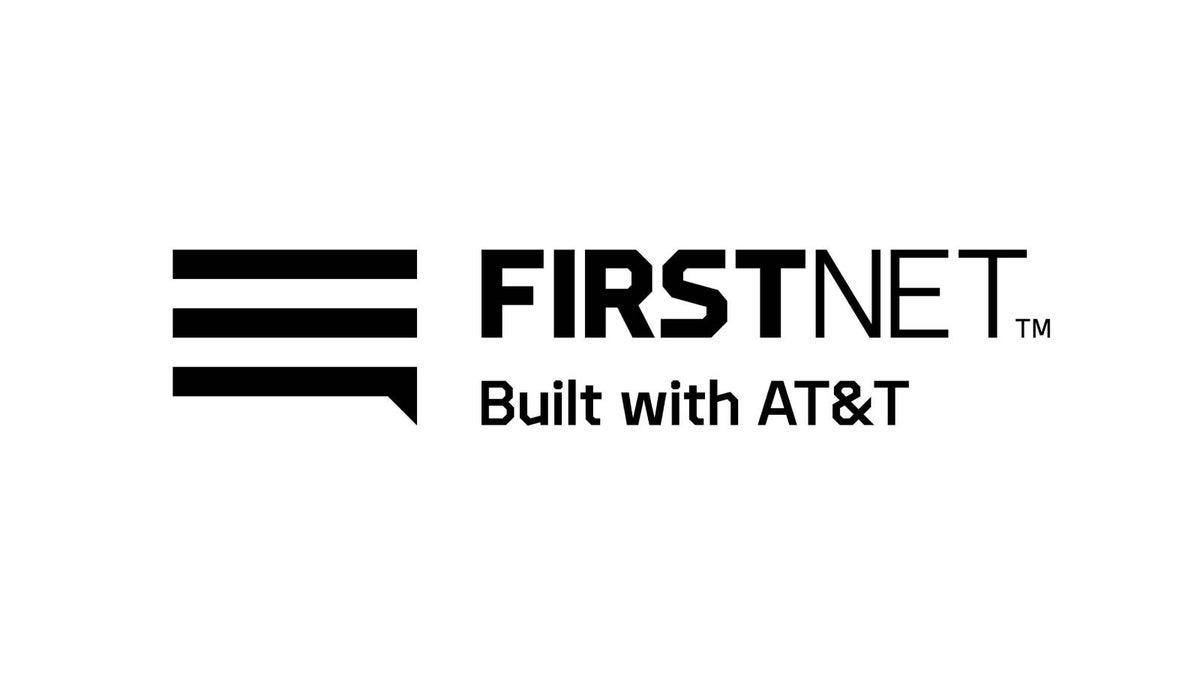The FCC has allocated 50 megahertz of spectrum in the 4940-4990 MHz band – 4.9 GHz band – for public safety missions. FirstNet, an exclusive network for first responders, has now been permitted to use the unassigned spectrum in the 4.9 GHz band as part of its nationwide public safety broadband network (NPSBN).
Congress granted a license for the 758–769/788–799 MHz band, which is also referred to as “Band 14,” when FirstNet was first created. The FCC has been exploring how the 4.9 GHz band could complement the 700 MHz public safety broadband network for quite some time.
While some stakeholders were of the view that the 4.9 GHz band was underutilised and making it available for FirstNet 5G deployment would be its best use, others, notably T-Mobile and Verizon, opposed the use of the band by FirstNet, arguing a license should not directly be assigned to it. T-Mobile also argued that granting AT&T secondary access would mean the carrier would be able to use the spectrum for mobile broadband services.
Entities who rely on the band, such as police and fire departments and local transit authorities had previously argued that handing the band over to AT&T would impact their operations.
According to Blair Levin, who is a policy adviser to New Street Research and has served as Chief of Staff to FCC Chairman Reed Hundt from 1993 to 1997, the move was approved by the FCC in a 4-0 vote, with FCC Commissioner Anna Gomez not participating.
In an era in which wireless use is growing rapidly and the spectrum pipeline for midband spectrum is limited, AT&T is now better positioned to gain a significant advantage over its rivals, but, as is true for all important regulatory proceedings, the courts have the final word, and the FCC blessing is worth less than in the past.
Blair Levin, policy adviser at New Street Research, October 2024
That doesn’t mean the two are backing down, as they might sue the FCC. Ultimately, Congress may need to step in.
